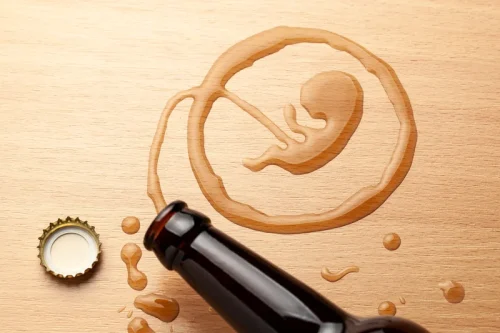
When practicing self-care, you will improve the way your body and mind feel, which can help you feel better about yourself overall. The importance of motivation in recovery is often built by finding the internal strength to want to recover. All around you, you may be getting feedback from friends, family, doctors, and peers telling you why you have to recover, but this journey is yours to make and ultimately rests on you. It begins with you building your internal motivation to want to recover for no one else besides yourself. But unlike substance use, with these options the positive effects do not diminish over time, and you have the added bonus of not having to put chemical poisons into your body. So, as you can see, you don’t have to give up the positive experiences that you were seeking.
Challenges in staying motivated during the recovery journey
Support groups or 12-step programs let individuals share their tales, pick up wisdom from those who have gone through similar issues and get inspired by success stories. Writing down your ideas and long-term targets can be hugely helpful in addiction recovery. It’s a visual reminder of why you started the journey and helps keep you centered on sobriety. Listen to Greenhouse Treatment Center‘s Gary Malone, MD discuss the role of therapy in addiction treatment.
Resources and treatment options for personalized addiction recovery
The clinical and research literature does not support the belief that people with SUDs have more or stronger defenses than other clients (Connors et al., 2013). This view of motivation as static led to blaming clients for tension or discord in therapeutic relationships. Clients who disagreed with diagnoses, did not adhere to treatment plans, or refused to accept labels like “alcoholic” or “drug addict” were seen as difficult or resistant (Miller & Rollnick, 2013). Historically, in the United States, different views about the nature of addiction and its causes have influenced the development of treatment approaches.
- The interventions that a practitioner chooses will reflect what stage of change the client is currently in.
- The support gives individuals validation, guidance, and enthusiasm during tough times.
- That’s why our experienced team of addiction professionals offers our clients the best treatment, therapy, family programs, and alumni services possible.
- You have the motivation inside of yourself to steer your life in a new and better direction, but in order to get there, you must believe that change is possible through your own individual strength.
Seeking support from loved ones and the recovery community
This Treatment Improvement Protocol (TIP) will answer these and other important questions. Using the TTM of behavioral change as a foundation, Chapter 1 lays the groundwork for answering such questions. It offers an overview of the nature recovery motivation of motivation and its link to changing substance use behaviors. It also addresses the shift away from abstinence-only addiction treatment perspectives toward client-centered approaches that enhance motivation and reduce risk.
Learning from relapses and setbacks is also important in overcoming challenges. Rather than seeing it as a failure, use it as a chance for growth and learning. Renew motivation after a relapse by reminding oneself of the reasons for pursuing recovery and recommitting to the process. Getting expert help from counselors, therapists or addiction specialists can give individualized and tailored support. They offer strategies and tools for managing cravings, triggers and keeping motivation. Engaging with others in recovery establishes camaraderie and connection.
- Celebrating milestones and setting realistic goals are key for addiction recovery.
- To be resilient and overcome setbacks, it is necessary to focus on what is possible and desirable, rather than on what has gone wrong.
- Additionally, writing can serve as a form of self-reflection and exploration, helping to clarify values and motivations for recovery.
Keep it positive

Keep an eye out for the signs that you might be vulnerable to a relapse. Possibly you have stopped working out and are not getting enough quality sleep. https://ecosoberhouse.com/ These signs can be a threat to your recovery, so reach out to your support network to seek out some sources of inspiration to keep you motivated.

Motivation and Behavior Change
